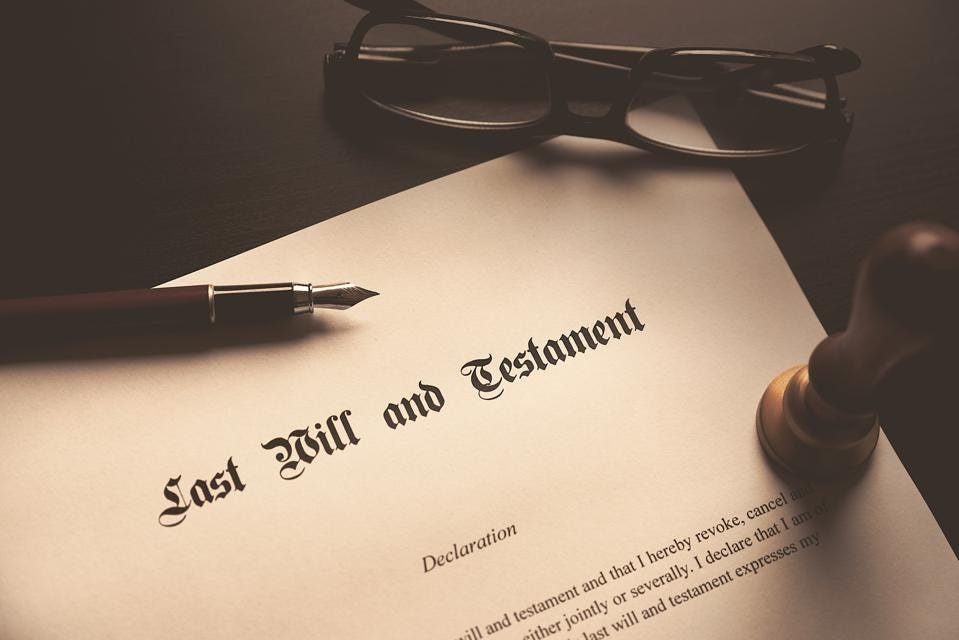Publications

What Is A Will?
Why should you have a Will?
A Will makes the transfer of your personal and real property according to your wishes into an orderly and seamless process at your death. The Will can be as simple or as complex as your desires require; but in all cases, it should clearly define what your assets are, to whom you wish those assets to go and who you nominate to administer your estate. This is the short answer to the question as to what a Will is. If you have other specific questions, you should consult your estate planning professional.

10 Estate Planning Must-Dos Before You Travel
Many travelers manage risk by purchasing trip cancellation insurance. Savvy travelers see risks from a larger perspective, though, manage worst-case scenarios when traveling abroad. Pre-travel estate planning is at the top of their list as they take into account what might happen if they are injured or worse while far from home. Here are 10 items that you'll want to add to yours.

How To Divide Personal Property In An Estate
When I help settle an estate the most challenging task is mediating what is the “best” way to divide the jewelry, art, furniture and other tangible personal property of the deceased among their heirs. People behave irrationally when they feel that they were promised something under the will. They already feel that the item is theirs. This is compounded by the friction between and among family members that existed during the decedent’s lifetime.
So, what is the best way to divide your assets? The fact is that there is no “best” way to divide assets, but there are some things you can do, or refrain from doing, to help avoid a family fight.

Forbes: Flexibility is Key to Planning for LGBTQ, Blended Families, Cohabitation and Other Nontraditional Families
Some people are concerned that, with the new conservative 6-3 majority on the Supreme Court, that protections for non-traditional families will be rolled back. Regardless of the decisions at the Supreme Court, or the impact on the state family courts, there are many ways that non-traditional families can maintain control. This applies not only to the LBGTQ couples, but also for families where there is gay divorce, blended families and stepchildren, nonmarital cohabitation, single parents by choice, multinational families, children born through assisted reproductive technologies (ART); and transgender, or gender non-binary, or gender fluid individuals.
